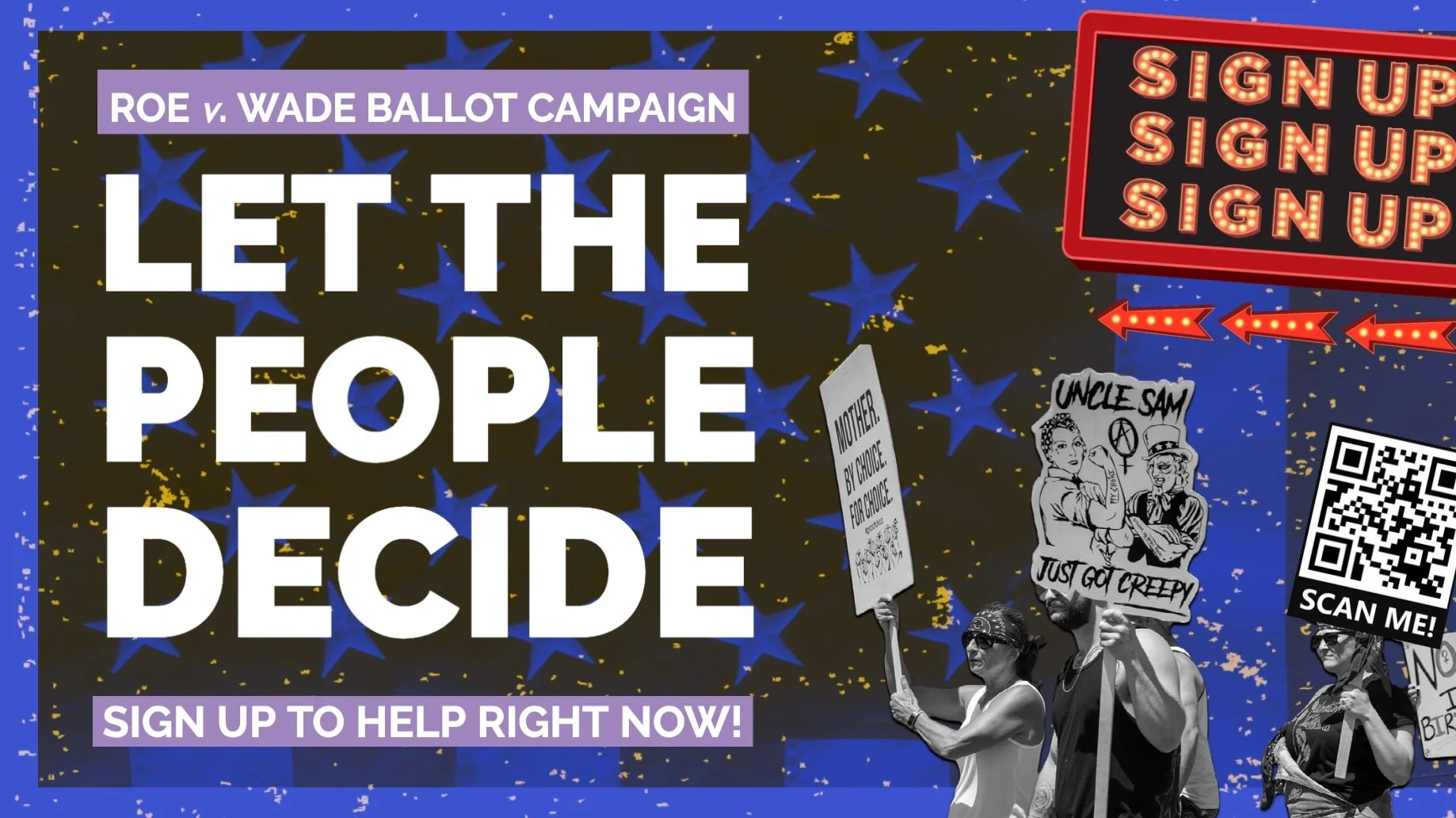Dr. Weiland: How HHS Secretary Robert F. Kennedy Jr. is undermining public health advocacy
As a physician committed to advocating for a healthier society and preventing disease, I find myself increasingly alarmed by the actions of Robert F. Kennedy Jr. as secretary of Health and Human Services. While the role is pivotal in shaping public health policy, Kennedy’s controversial views and actions pose a significant threat to the very foundation of evidence-based medicine and the public’s trust in health care.
Kennedy has long been a polarizing figure, particularly for his outspoken stance against vaccines. His beliefs, which lack scientific support, have influenced a growing anti-vaccine movement that undermines decades of progress in disease prevention. Vaccines have proven to be one of the most effective public health tools in history, saving millions of lives and preventing the spread of infectious diseases.
As a physician, it is disheartening to witness this critical health measure being challenged at the highest levels of government, especially when the consequences of vaccine hesitancy can lead to outbreaks of once-eradicated diseases.
Moreover, Kennedy’s rhetoric often distracts from the broader issues of public health, such as obesity, mental health, and access to care. In a time when our nation faces significant health challenges, including a rising tide of chronic diseases, we need leaders who prioritize evidence-based solutions and foster collaboration among health professionals. Instead, Kennedy’s focus on conspiracy theories and sensational claims diverts attention from the pressing health crises that demand our collective action.
His position also raises concerns about the future of public health initiatives. As secretary of Health and Human Services, Kennedy has the power to influence funding and support for programs that aim to improve health outcomes across the country. If his agenda prioritizes misinformation over scientific consensus, vital resources could be redirected away from effective health strategies, further jeopardizing the well-being of our communities.
As a physician, my ability to advocate for a healthier society is fundamentally linked to the credibility of our health institutions. When the secretary of Health and Human Services promotes unsubstantiated claims and undermines the expertise of public health officials, it erodes the trust that patients place in their healthcare providers. This trust is essential for effective communication, patient compliance, and ultimately, for the success of public health initiatives.
Furthermore, Kennedy sends a troubling message to future leaders and advocates in the health field. It suggests that ideological beliefs can take precedence over scientific evidence, dissuading health professionals from pursuing evidence-based practices and potentially leading to a decline in the quality of care that patients receive.
To combat diseases effectively, we must unite as a health-care community, grounded in science and dedicated to the health of our society. We need leadership that empowers physicians, public health workers, and researchers to advance knowledge and implement solutions based on rigorous evidence. The role of the secretary of Health and Human Services should be to champion these efforts, not create division and distrust.
In conclusion, Robert F. Kennedy Jr.'s tenure as secretary of Health and Human Services represents a significant challenge to my ability as a physician to advocate for a healthier society. The stakes are too high for us to remain silent. We must demand leadership that values science, fosters collaboration, and prioritizes the health of all Americans. Our collective future depends on it.
Dr. Kevin J. Weiland of Rapid City is board-certified in the specialty of internal medicine. He graduated from the University of South Dakota Sanford School of Medicine and completed his internal medicine residency at the University of Wisconsin Hospital and Clinics in Madison, Wis.
Photo: public domain, wikimedia commons
The South Dakota Standard is offered freely and is supported by our readers. We have no political or commercial sponsorship. If you'd like to help us continue our mission to advance independent political and social commentary, you can do so by clicking on the "Donate" button that's on the sidebar to your right.







